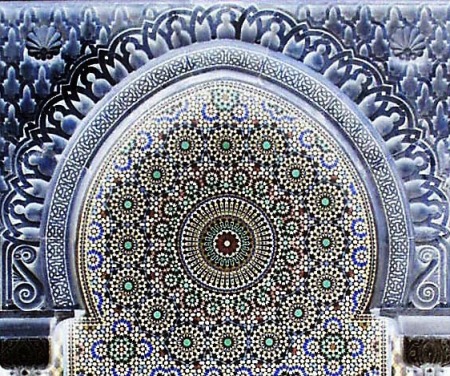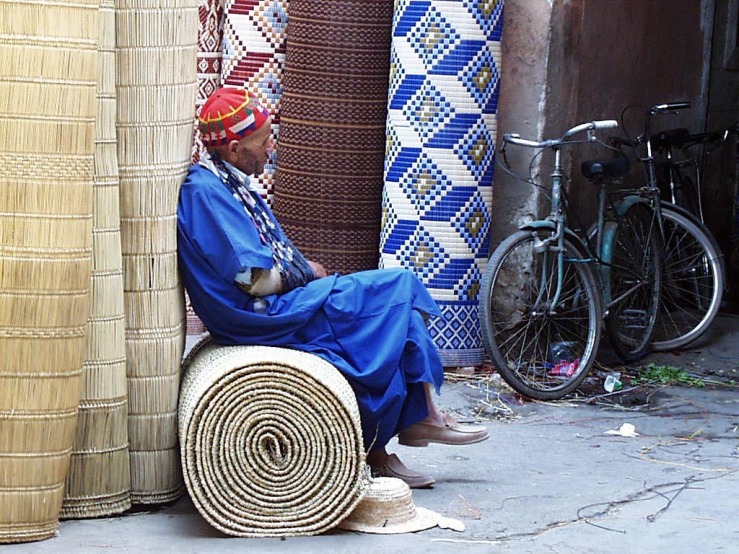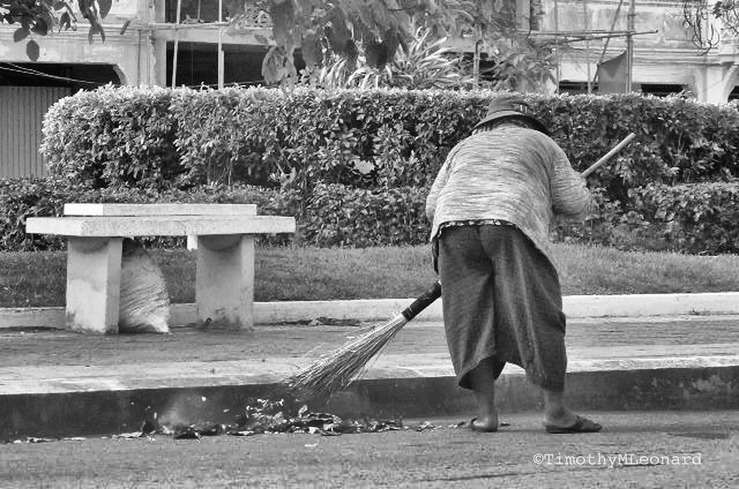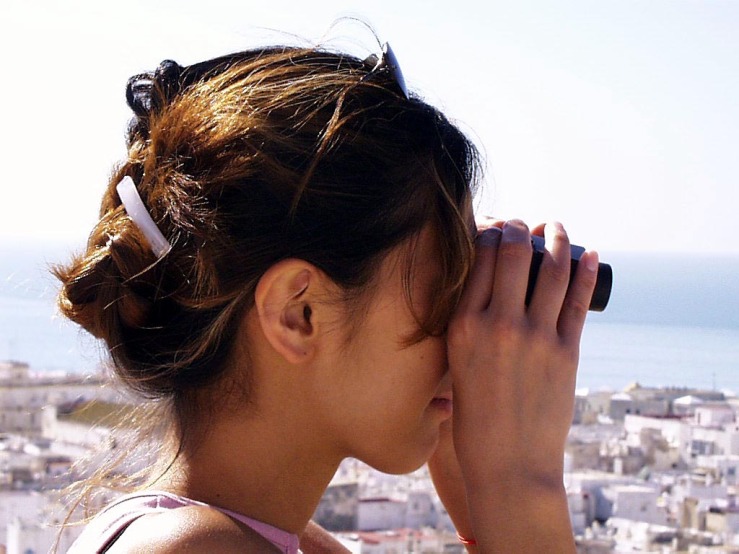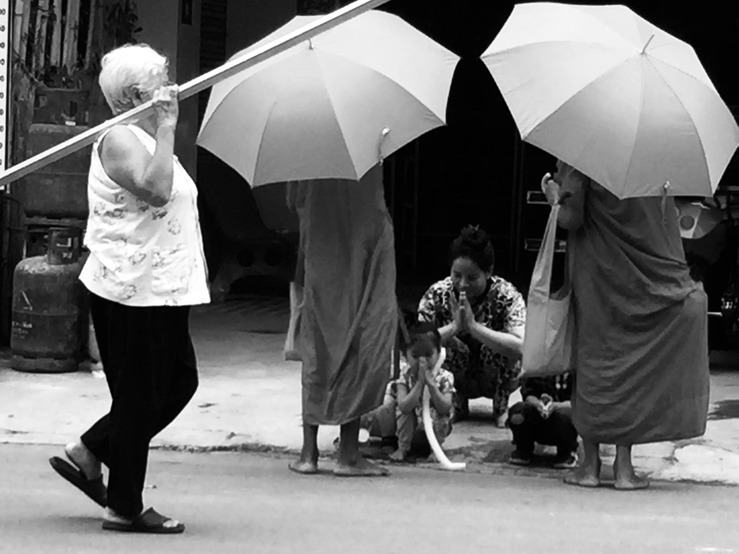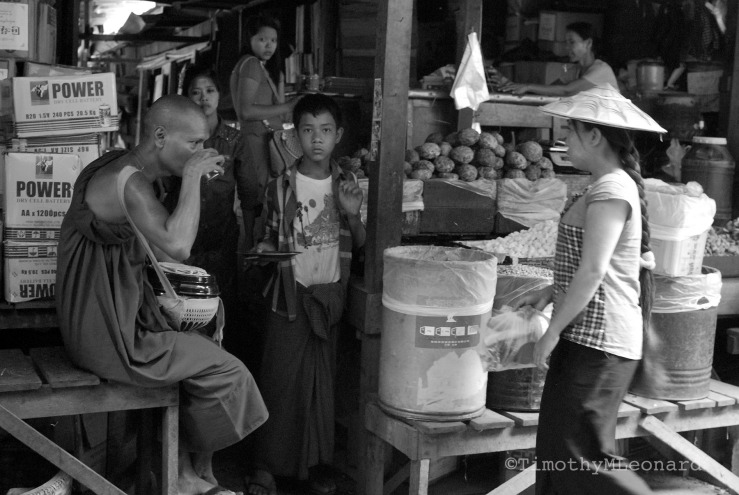Write Naked
Earth peoples, oceans wave, celebrate life energy sex and harmonic forces, said Rita, What happened in the love hotel? Use your imagination.
They paid a woman 3,000,000 Yen through a slot in the door. She gave them a key. It unlocked Akiko’s chamber of secrets. The room featured an American wild-west motif with an Indian chief on a white horse. Very cute, said Akiko. They stripped each other down. They took a long hot herbal bath exploring geography with tender lust. They jumped each other’s bones. It was in-out dialogue, pure passion. Show doesn’t tell, said Z.
He toweled me down, said Akiko. I felt thick cotton noun fibers edge my thin shoulders, along my verb spine, weaving his fingers across my flat stomach, erasing, tracing water fingering my direct object jungle. Slow and easy baby, I sighed being his Shinto shrine as he gave me his offering. Our relationship ignored verbal language, said a blind Japanese masseuse in a love hotel.
What conflicts exist?
-Human vs. Human
-Human vs. Nature already mentioned.
-Human vs. ______><_______
-Human vs. self. Do I or don’t I? Is it safe? Wiil it help me or will it hurt me?
-Nature vs. Nurture
Will someone playfully deconstruct the truth with literal facts to move the narrative along and get to the mind-at-large awareness of his or her experience, said Tran. I hope so, said Omar, A literary agent at a writer’s conference in Oregon said my writing was a word photograph jazz beat. She suggested throwing the narrative out.
She said and I quote, Pick one time or geographical place and flush out the narrative with more exposition. I would like to see character development and social and political realities in 60,000 words, Yeah, said Rita, What did you say? I told her some novelists do exactly the opposite of what they’re told because disobedience is freedom, Beware of book doctors and blood thirsty greedy dictatorial aliens with an agenda, said Rita.
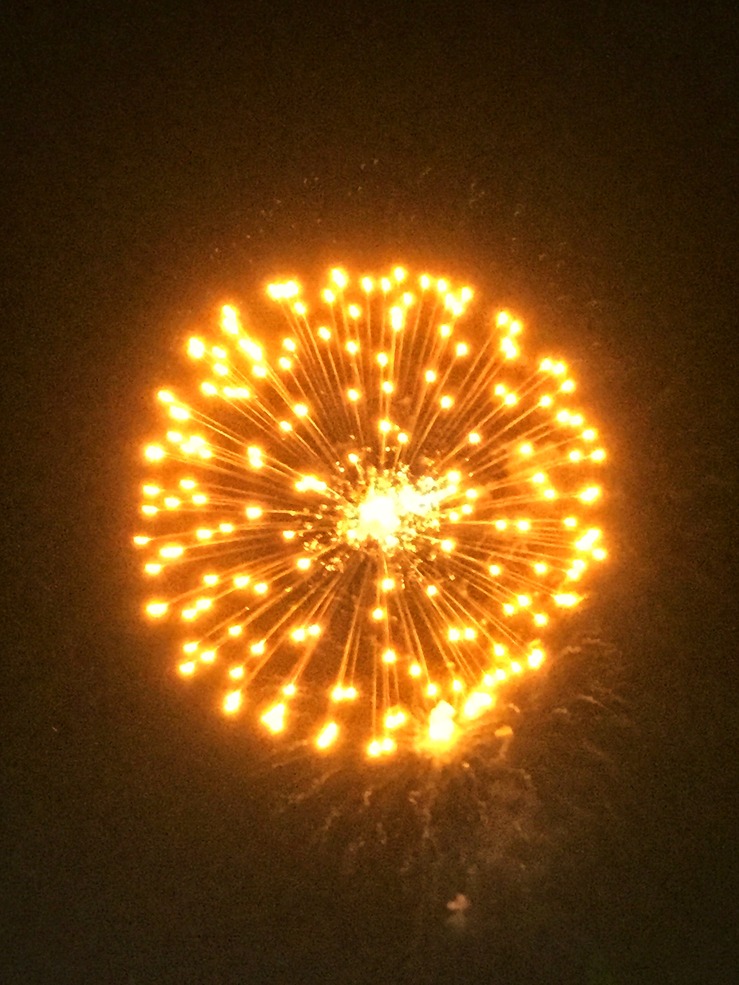
Ok, said Tran, How’s this sound? Write everything in the first five pages. Grab the reader with a hook in every sentence, at the end of paragraphs and at the end of chapters, Yeah, said Grave Digger, WE need a hook, a big iron hook covered with dried blood hanging in the center of an empty Kampot market reminding genocide survivors what happens to them if they fuck up. They get a big fat rejection hook in the neck or through their trembling beating pulsating heart.
Fear sells. Fear is a universal language.
Good idea, said Zeynep, Work fear, sex and growth into this. Readers need to keep turning pages. This work doesn’t flow from A 2 Z. It presents a form with a minimum of punctuation ... punctuation is a nail. Is it an error or a mistake (part of a statement that is not correct) that’s a question for a linguist.
I love Linguini, said Devina, but he doesn’t love me. What else? Split the infinitive hairs. Infinity. Infinite. Finite. Dynamite. Kids know eternity adults are scared of it, said Death. It’s long, cold and black. Nothing ever happens again.
Well, it’s ok to be horrible, said Z. Some writers give up because they want it to be perfect. You need to be passionate and persistent about your art without become obsessive-compulsive about it. A sincere writer has grit and stamina. Do it because you love it. Make a mess. Clean it up and make another mess.
A work of art is never finished. It is abandoned, said Marcel Duchamp Ulysses Take Nothing For Granted. Kill your father. Marry your mother or versa visa. Push a stone up a hill. It rolls down. Push it up again.
We are all orphans sooner or later, said Rita, Speaking from my hard-lived sojourn, Experience is my teacher. The rest is just information, Editing is a form of censorship, said Leo Told Story, waving a pile of rejection letters from lame stream mainstream upstream.
![Book of Amnesia Volume 1 by [Timothy Leonard]](https://m.media-amazon.com/images/I/51bLipg6kyL.jpg)






 Share Article
Share Article 